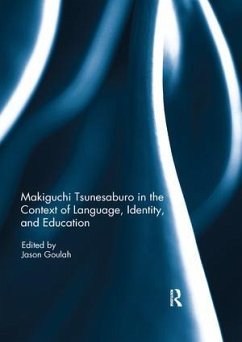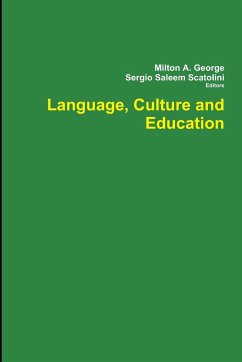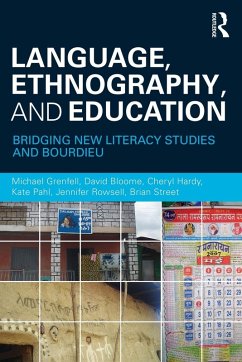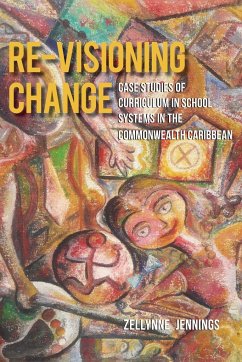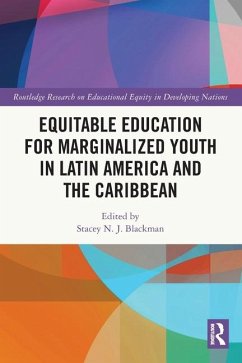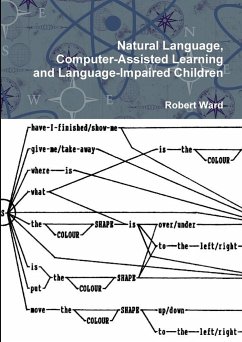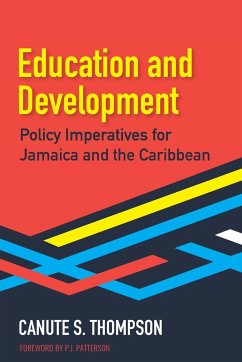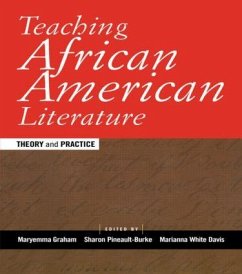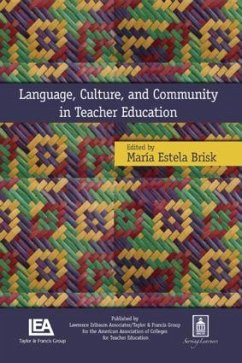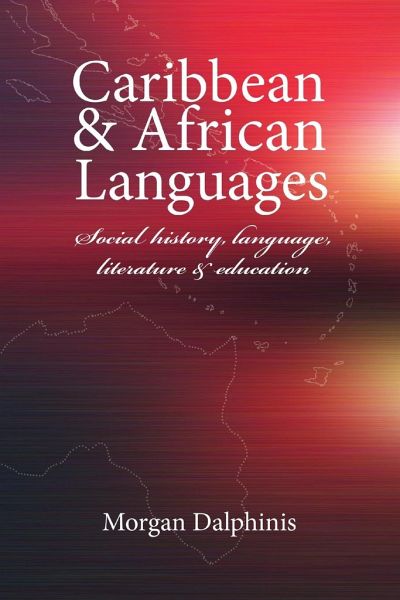
Caribbean and African Languages social history, language, literature and education
Versandkostenfrei!
Versandfertig in 1-2 Wochen
31,99 €
inkl. MwSt.

PAYBACK Punkte
16 °P sammeln!
"To speak a language means more than to use a certain morphology and syntax, it means to support the whole weight of a culture and civilization" (Fanon) Under slavery, African languages were violently suppressed. Despite this, Africans in the Caribbean preserved the grammatical core of their African mother tongues, while using the vocabularies of their European slave masters. The Creole languages of the Caribbean were born from this great creative feat of resistance. This book starts with a brief description of the grammatical structure of African (Niger-Congo) languages. It then examines the ...
"To speak a language means more than to use a certain morphology and syntax, it means to support the whole weight of a culture and civilization" (Fanon) Under slavery, African languages were violently suppressed. Despite this, Africans in the Caribbean preserved the grammatical core of their African mother tongues, while using the vocabularies of their European slave masters. The Creole languages of the Caribbean were born from this great creative feat of resistance. This book starts with a brief description of the grammatical structure of African (Niger-Congo) languages. It then examines the social and linguistic history of the languages of the Caribbean, identifying their debt to the languages of Africa. This debt is also examined in the light of Creole theory up to 2014. The oral literatures of the Caribbean Creoles and their relationship to their audiences are considered. Their debt to the oral tradition of West African is identified. The final chapter looks at the implications for the teaching of English as a second language in schools and adult education and also considers Creoles as a medium for teaching. This revised edition is issued in response to strong demand. The work will be of interest to linguists, educators and policymakers and to anyone with an interest in the history of the Caribbean.






